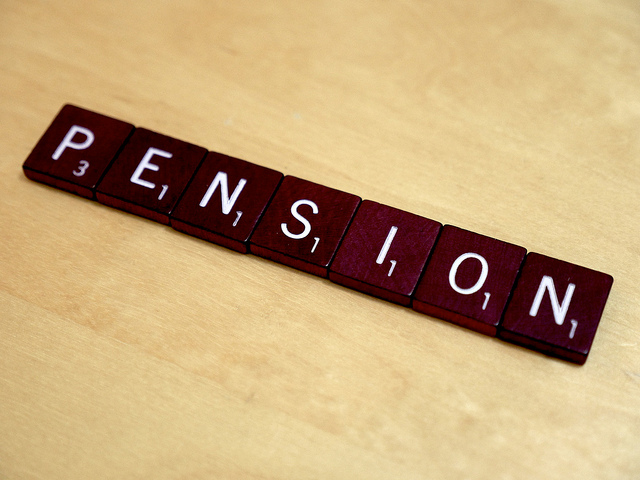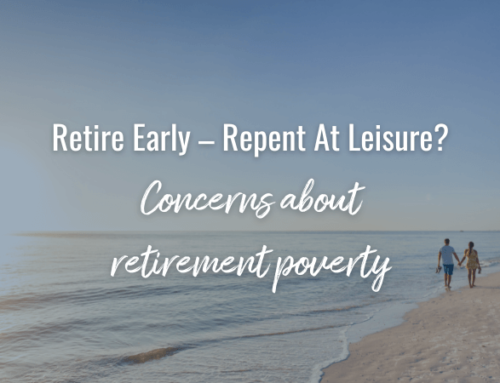2015/2016 Cut Back in Annual Allowance for Pensions
People who have adjusted income of more than £150,000 will find, from 6 April 2016 that their permitted level of contribution or accrual in a registered pension scheme will reduce by £1 for every £2 of excess income.
Somebody with income of £210,000 or more will find that they can only make a contribution of £10,000.
For these purposes the test will therefore be to see if an individual’s adjusted income exceeds £150,000. Adjusted income is their net income and includes the value of any employer or employee pension contribution made by or on behalf of the individual.
It will therefore be apparent that a person may be subject to these provisions if, for example, he has income of £130,000 and if pension provision of more than £20,000 is made for him direct or via an employer contribution in a particular tax year.
This change in the annual allowance for pensions could cause some concern for people who have income that hovers around £110,000 who make substantial pension provision possibly by paying a contributions to make use of the unused relief for previous years.
In order to provide some certainty as to the people who may be affected by these provisions, the Government have announced that a threshold income of £110,000 will be introduced. People whose income falls below the threshold income will not be subject to the new tapering provisions.
However, in this respect, in order to prevent people using tax avoidance arrangements to sidestep the new provisions, when calculating threshold income, it will be necessary to take account of any income paid under flexible pay arrangements or any pension payments that occur as part of a salary sacrifice after 8 July 2015.
In this respect, the legislation talks in terms of “arrangements which are made on or after 9 July 2015” and so it would seem that for a payment under salary sacrifice to be caught under these provisions, the salary sacrifice arrangement itself will need to have been set up on or after 7 July 2015.
Payments made under arrangements set up before 8 July 2015 would not appear to be caught. However, some salary sacrifice arrangements renew annually so may be caught at the next anniversary.
For those affected, the loss of pension relief combined with additional tax at 45% can result in a very high marginal rate of income tax.
Subject to not exceeding the lifetime allowance it therefore makes sense for individuals who will be affected by these changes to maximise their pension tax relief in this tax year before the restrictions come into effect.
Clifford Osborne are independent financial advisors based in Eastbourne, East Sussex offering pension advice on many topics including pension freedom, pension transfer, pension in divorce and more. We serve clients in Lewes, Seaford, Bexhill, Hastings, Newhaven, Crowborough and Uckfield. Please contact our IFA’s for more information or to book a free initial financial review.






